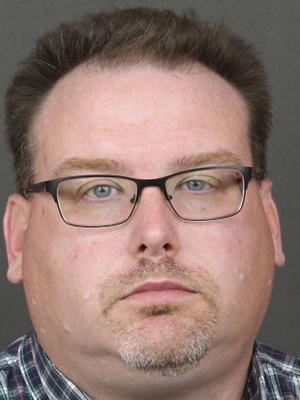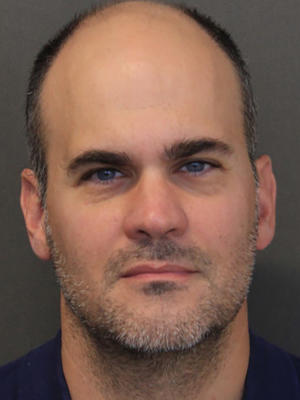
Saint Joseph's University's
Paramedic Certificate
The Lancaster Consortium for Emergency Medicine Education-Paramedic Program (LCfEME), our paramedic certificate, is offered by Saint Joseph’s University’s School of Nursing and Allied Health through a partnership between Saint Joseph's University in Lancaster and Lancaster EMS, will prepare you for a career saving lives and leading a team of medical professionals during emergencies. Designed for students who are currently certified as EMTs and have graduated high school (or have a GED), this program can be completed in as little as one year.

About The Paramedic Certificate
Becoming a paramedic equips you to provide immediate treatment to victims of illness and injury. Their leadership and expertise play critical roles in public health and safety during medical emergencies, rescue operations, mass casualties, fires and crime scenes.
Our paramedic program is a collaboration with Lancaster Emergency Medical Services. Experienced paramedics, pre-hospital registered nurses and physicians will lead you through paramedic courses, lectures, skill sessions and clinical/field training. In addition to being eligible to take the National Registry of Emergency Medical Technicians Paramedic Certification exam, you may receive the following certifications:
- Advanced Cardiac Life Support
- International Trauma Life Support
- Pediatric Advanced Life Support
The mission of the Lancaster Consortium for Emergency Medicine Education Paramedic Education Program is:
“To prepare competent entry-level Paramedics in the cognitive (knowledge), psychomotor (skills), and affective (behavior) learning domains without extra points at the Advanced Emergency Medical Technician and/or Emergency Medical Technician, and/or Emergency Medical Responder levels.”

Program Requirements
In addition to meeting general admission requirements, applicants must meet the following program-specific requirements:
Applicants to the Paramedic Program must be at least 18 years of age and:
- Be a high school graduate or have a GED
- Have current certification as an EMT
- Have a valid driver’s license
Explore Saint Joseph's Paramedic Certificate
12-month program consisting of approximately 1,200 hours of classroom paramedic classes and clinical/field experience. Below you will find a sample schedule from August to the following August.
Saint Joseph's University's outcomes data for the paramedic certificate program provides valuable insight into graduates' success rates and achievements.
The Lancaster Consortium for Emergency Medicine Education does not currently offer advanced placement to students who are seeking to graduate or become eligible to sit for the National Registry or state examination at the paramedic level.
Simulated patients. Real scenarios.
At the area's newest and most advanced clinical simulation lab, You'll feel like you're on the job from day one.

Our Faculty

